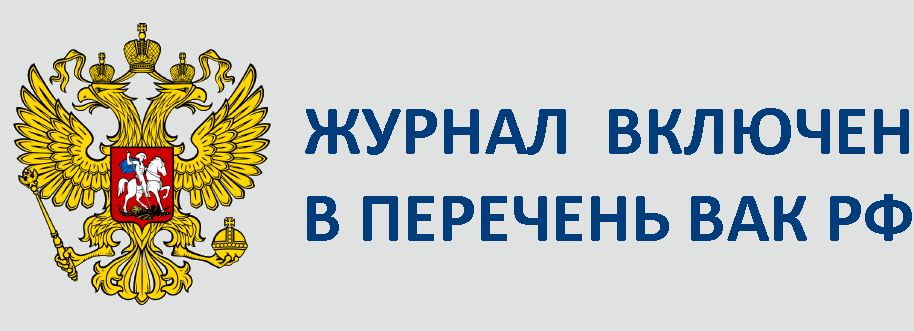№4-2024-01
DOI:10.22281/2413-9912-2024-08-04-07-13
Vatlin A.Yu.
SOVIET-GERMAN NEGOTIATIONS ABOUT THE FATE OF THE BLACK SEA FLEET SHIPS THAT RETURNED TO SEVASTOPOL IN 1918
In the tragedy of the Russian Black Sea Fleet drowned near Novorossiysk due to the threat of capture by Germany, the return of several ships to German-occupied Sevastopol remains the little-known page of history. The further fate of the ships themselves, with their crews including their possible participation in the military operations on the side of Central Powers was being resolved during the negotiations between Moscow and Berlin right up to October 1918 as it was one of the components of the Soviet — German relations after Brest-Litovsk Peace Treaty.The Soviet Russia Plenipotentiary mission in Berlin, which began its work after the signing of the Brest Treaty, played a key role in the negotiations. A.A. Ioffe, who headed it, arrived in Germany at the end of April and immediately began to resolve the conflict related to the occupation of Crimea and the withdrawal of ships of the Black Sea Fleet from Sevastopol. Their fate was given special attention in the Extension Treaty between Russia and Germany, which provided for the possibility of their use against the Triple Entente fleet in the Black Sea. The curtailment of military operations on land and the signing of the Armistice of 11 November 1918 put an end to the fate of the ships that returned to Sevastopol. They were transferred by the Triple Entente to the white armies that controlled the South of the former Russian Empire.
Keywords: Soviet-German relations in 1918, Black Sea Fleet, G. Chicherin, A. Ioffe, Brest system of relations, Sevastopol, Soviet Russia, German Empire
Lomonosov Moscow State University (Russia)
Это произведение доступно по лицензии Creative Commons «Attribution-ShareAlike» («Атрибуция — На тех же условиях») 4.0 Всемирна






